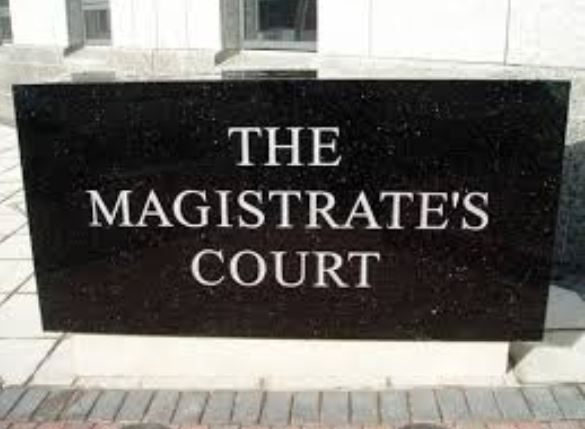Legal Advisers are responsible for giving legal advice to Magistrates in Magistrates’ Courts throughout England and Wales. They are employed by Her Majesty’s Court and Tribunal Service. They help Magistrates to make decisions and state the legal reasons that underpin the decisions. They may also make judicial decisions to progress a case. In essence, for the Magistrate, they’re their technical legal adviser… or should be.
It appears, there are some startling knowledge gaps among the profession, as made apparent by a couple of recent experiences which I felt important to share.
The first relates to a Legal Adviser informing a father that he could not approach a McKenzie Friend for legal advice without the court’s consent. This is, of course, nonsense. As I pointed out, Family Procedure Rule 12.75 grants certain permissions on confidentiality, including the right to seek confidential advice from ‘any person’ by confidential discussion, to obtain support, advice or assistance in the conduct of the proceedings.
An even more surprising faux pas was a Legal Adviser, this week, telling a litigant-in-person he wasn’t allowed to bring a McKenzie Friend into court with him to assist him in court. The Legal Adviser had to be asked to refer to the Magistrates, who confirmed that the litigant could indeed have a McKenzie accompany him. This is a surprising episode, given that the Legal Adviser’s role is to advise Magistrates on the law, not the other way around.
The following links provide information to support you if you run into either of these situations:
Practice Guidance: McKenzie Friends
